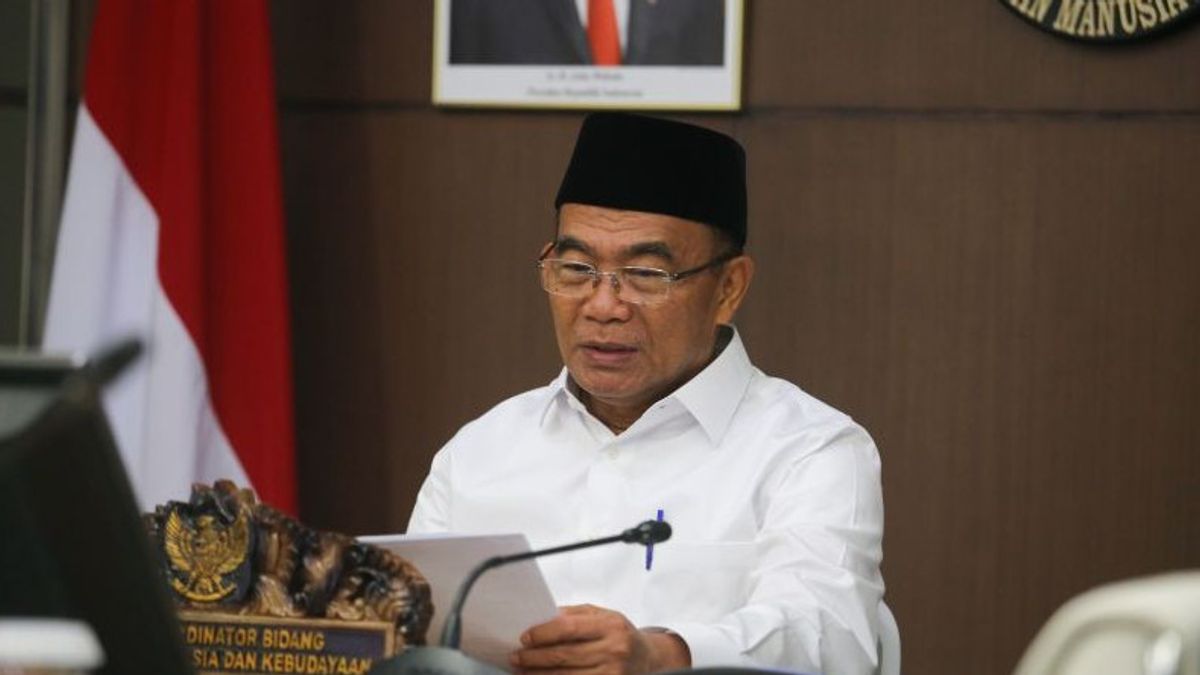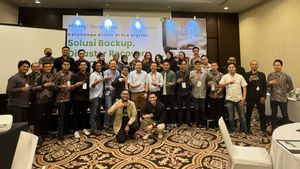Coordinating Minister for Human Development and Culture (Menko PMK) Muhadjir Effendy said information about the benefits of Wolbachia mosquitoes needs to be intensified so that they can be filtered from misleading issues.
"I think we need to continue to intensify information from a security perspective and filter counterproductive issues against our efforts to deal with the problem of this disease which is quite fatal in Indonesia," Muhadjir said as quoted by ANTARA, Thursday, November 30.
The use of Wolbachia bacteria has recently become a new finding that can be used to eradicate Aedes Aegypti mosquitoes that cause dengue fever (DHF) cases.
Wolbachia bacteria are known to be natural bacteria that are common in various types of insects. Through scientific research conducted by researchers from the World Mosquito Program (WMP), Wolbachia bacteria injected into mosquitoes are able to prevent replication of dengue viruses which are the source of dengue disease.
Muhadjir appreciated the entire team of researchers for the use of mosquitoes that have Wolbachia bacteria who have worked hard for 12 years in carrying out scientific trials of up to four phases that took locus in Yogyakarta.
Muhadjir also fully supports the implementation of the use of these good bacteria so that they can be used for the community.
"Dissemination of information needs to be done so that people can believe in the results of scientific studies that have been carried out," he said.
Muhadjir asked local governments to help socialize information about the benefits of Wolbachia bacteria to their communities.
He also conveyed that the Coordinating Ministry for Human Development and Culture is open to accepting requests for assistance if further technical coordination efforts are needed by local governments.
Professor of IPB University Damayanti Buchori said the results of a risk analysis study on the release of the Aedes Aegypti mosquito containing Wolbachia concluded that the possibility or consequences of the poor impact on ecology, health standards, the effective control of the mosquito population, as well as the socio-economic community can be ignored.
However, according to Damayanti, monitoring and evaluation will still be carried out to avoid the risks that will arise.
"This supervision is important so that it can detect and be responsive to any risks that arise or if they exist in the future. Ensuring local regulations also needs to be carried out because it is related to biological security in each region," he said.
The English, Chinese, Japanese, Arabic, and French versions are automatically generated by the AI. So there may still be inaccuracies in translating, please always see Indonesian as our main language. (system supported by DigitalSiber.id)









